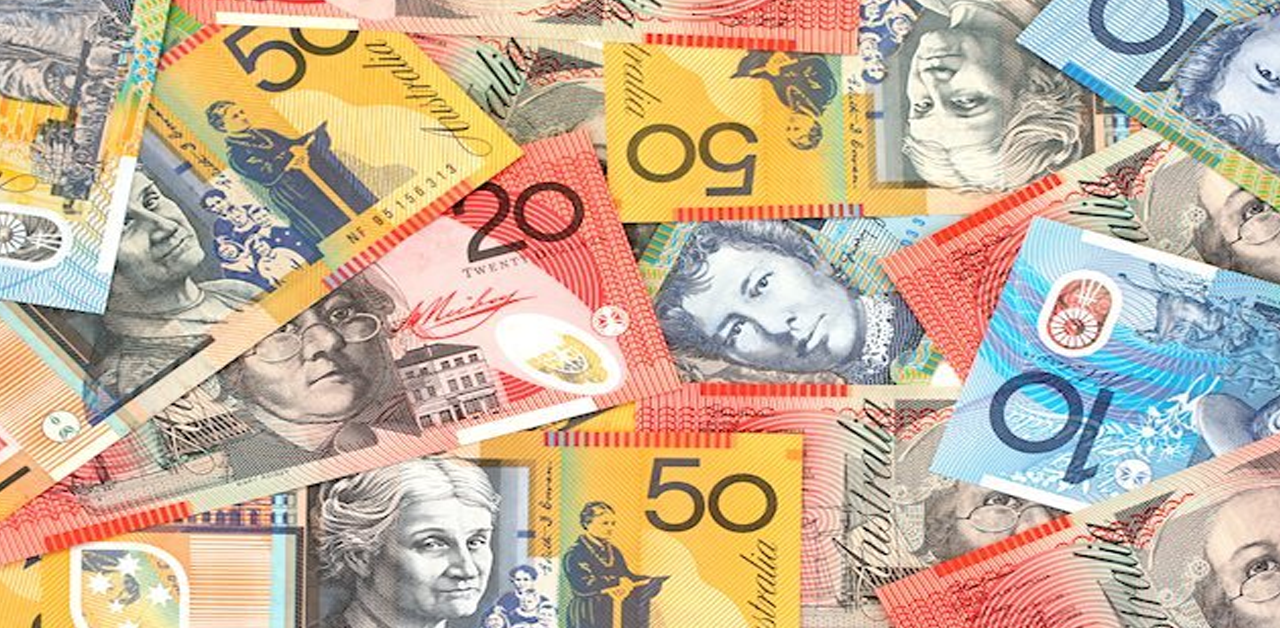Quiet Market Witnesses Low Trading Volumes Amid US National Holiday
The global financial markets recently experienced low trading volumes, largely attributed to the US national holiday, Independence Day. This resulted in closed US cash markets and a significant number of investors taking extended weekends, further contributing to the low activity.
In the UK, gilts experienced a sell-off, which subsequently dragged core peers along in its wake. This was triggered by a YouGov and Citi poll that showed a rise in the UK’s public inflation expectations for the forthcoming year to 5% in June. This underperformance was reflected in the front end of the curve, with a rise of more than 11 basis points (bps) in the UK, 8 bps in Germany, and 6 bps in the US. However, this momentum was slowed with the release of the June US ISM manufacturing gauge, which slipped to 46 from the previous figure of 46.9.
Despite these large intraday swings in yields, currency markets remained largely unaffected. Major pairs like EUR/USD and DXY fluctuated around 1.09 and 103 respectively, while EUR/GBP hovered around 0.86. The Japanese yen lost some ground, with USD/JPY still near the September 2022 FX intervention levels (145). Meanwhile, European equities ended flat, and Wall Street finished marginally higher on the holiday-shortened trading day.
The highlight in Asian trading was the Reserve Bank of Australia’s (RBA) policy decision. The RBA kept its policy rate unchanged at 4.1%, leading to a minor hit to the Aussie dollar. Concurrently, the Chinese Yuan (CNY) strengthened slightly after the People’s Bank of China (PBOC) continued its streak of stronger-than-expected fixings. Japan’s yen stabilized, and core bonds traded sideways.
The Australian economy has shown signs of slowing, and conditions in the labour market have eased, although they remain tight. Australian inflation has passed its peak but will remain high for some time. The RBA Board remains alert to inflation risks that could lead to larger increases in prices and wages. The Aussie dollar lost some ground, with AUD swap yields up to 4 bps lower at the front end.
In the UK, Megan Greene, who is set to join the Bank of England’s Monetary Policy Committee in August, argued against estimates that the long-run neutral rate (r-star) has barely budged after the combined hit of the pandemic, the Russian war, the energy crisis, and an end to the low inflation era. Greene’s stance suggests she’ll be a hawkish vote within the MPC.
Looking ahead, with the lack of US investors and a sparse economic calendar due to the holiday, the markets are likely to see predominately technical trading. The focus remains on the latter part of this week, especially following the market reaction to the slightly disappointing US manufacturing ISM.











